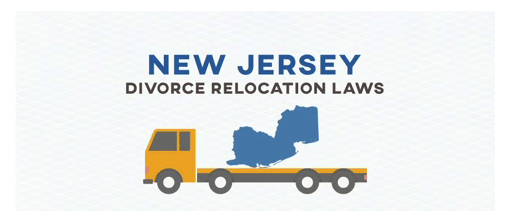The Divorce Code was recently amended to provide that parties to a divorce only have to wait one year from the date that they separate, rather than two years, to establish grounds for divorce (if the other party refuses to consent to the divorce).
The effective date of the amendment is December 5, 2016. Therefore, for parties who separate after December 5, 2016, they will only have to wait one year to satisfy the grounds requirement. However, if the parties separated prior to December 5, 2016, they will have to wait two years.
This is good news for those divorcing in Pennsylvania.
The two year requirement only served to prolong the time period that litigants had to endure the legal system before they could bring the economic issues incident to their divorce to a conclusion. Now, if matters cannot be resolved between the parties without court intervention, litigants will be able to have their matter heard on a faster track, allowing them to move on with their lives much faster. This is a positive development for Pennsylvania families.
You might now ask, how do I know when I am separated? Do I need to move out of the house? Do I need a “legal” separation?
In Pennsylvania there is no such thing as a “legal separation.” However, the date of separation is an important issue because it starts the clock ticking on establishing grounds for divorce, in addition, to marking the cutoff for identifying the marital property to be divided as part of the divorce.
You don’t have to be living under separate roofs to be separated. In fact you can still be separated but continue to live together. What is important is whether you and your spouse have communicated to each other your intent to divorce. Evidence of that intent can be sleeping in separate bedrooms, dining separately, shopping separately, socializing separately, no longer celebrating holidays, birthdays or anniversaries together, and telling others that you have separated. Also, if you have separated your finances, such as opening separate bank accounts or filing separate tax returns, that can also be evidence that you are separated.
If you are unsure of whether or not you will be deemed separated under Pennsylvania law, you should consult with an attorney who will be able to guide you.


